With America’s scientists and researchers working around the clock to eradicate COVID-19, BIO President and CEO Jim Greenwood checked in with Dr. Jeremy Levin. Dr. Levin is CEO of Ovid Therapeutics and Chairman of BIO’s board of directors. In a recent edition of the I AM BIO podcast, Dr. Levin shared his hope for new biotech solutions for the pandemic and explained how the industry is using its decades of intellectual horsepower to rise to the challenge.
Greenwood: As chairman of BIO, what's your message to people all over the world who are slowly realizing that biotech is the great, and in fact, the only hope of humanity to end this anxious period of fear, sickness, and death?
Levin: There is a moment in every nation's life where it has to look at itself and ask: what do we have that's going to cause a complete change in this nation? What's afflicting us? And the message is very simple: this virus will change our lives forever. All of our lives, our children's lives, and our grandchildren's lives, without a doubt. Not necessarily by disease, but by the havoc that it has wreaked on the economy and the security of the individuals who believed that they were immune to this kind of onslaught.
There’s tremendous hope here. The reason is that for the last 25 years - and more actually 30 years plus - the United States capital markets, scientists, and others have invested in a unique engine. That engine is the engine of biotech. This is a repository of knowledge, capability, and intellectual horsepower that is unique in the world. It's not huge – a couple hundred thousand people involved in it – but its impact is beyond our borders. We've revolutionized cancer. We've revolutionized viral disorders. Now with all the knowledge that we've gained over that 25 years, this entire industry is pivoting to face the onslaught of Coronavirus.
Greenwood: What is your advice to people who are hearing and thinking that they have nothing to lose by following the advice of people who are really not trained scientists or physicians?
Levin: A long time ago, I learned the power of a medicine. When you give a pill or an injection to somebody, you change their lives. Now sometimes, you adjudicate how much of a medicine that you're going to give. Does the medicine have side effects? Will it help that patient more than the disease or will it actually worsen the disease? In the case of all the information that we have in front of us, it is imperative that we have fact-based, clinical understanding of what a drug does and what a drug doesn't do.
Greenwood: Cynics in Congress and the media were very quick to assume the worst about our industry's response to this virus. They assumed that we would see it as a chance to price gouge and deny access to the drugs that we develop to people who might not otherwise afford them. How do you view our ethical responsibility in this crisis and do you think we are living up to these standards?
Levin: There is no doubt that this industry will live up to those standards. I have spent 30 years as a physician, as a scientist, working in Africa, working elsewhere. Every single individual that I have met personally in this industry is devoted to finding cures for patients. That's what they do. That's what we do. …
Over the last 25 years, there have been mistakes made by this industry. Prices have risen and risen in some areas where there is no justification; there was no investment in the product and what you had was a product that was one price a few years ago and today is many times that price. These things are not acceptable.
But one of the things that I have noticed is, over the last four to five years, that people are willing to call them out. When I say people, I am not talking about the folks in Congress; I am not talking about the public; I am talking about individual CEOs. Over the last several years, hundreds of CEOs have signed on to a value-based proposition for who we are. In other words, agreeing to call out those who behave badly, agreeing to make sure that all our drugs get the kind of access that they need so that patients are served best.
Greenwood: The real problem is more about higher and higher deductibles and what is required to come from the pockets of the patients. Do you think that our response to this crisis will be a turning point in the public's esteem?
Levin: Let me send a message to my colleagues in this industry. The message is simple. I can't guarantee there'll be a change, but I would like to urge you: This is your finest hour. This is the hour where - no matter what people said about you, no matter what people think about you - you will be able to tell your children or your grandchildren that you made a difference. That difference is what matters. That message needs to go to every single scientist, every single biotech CEO, every single one of us. This is the hour we stand up and we make a difference.
Listen to every full episode of the I AM BIO podcast at www.bio.org/podcast or wherever you get your podcasts.
For more information on the biotechnology industry’s efforts to combat COVID-19, visit www.bio.org/coronavirus.




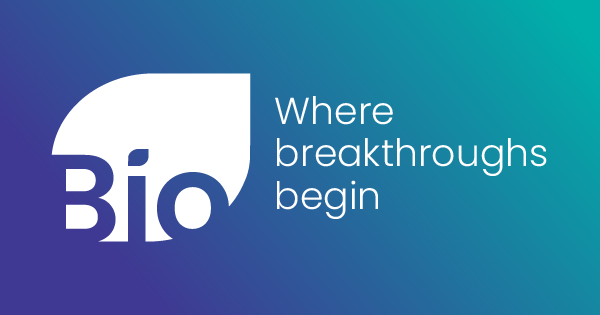



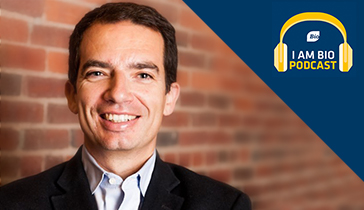
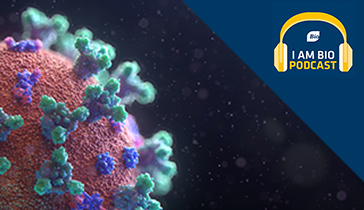

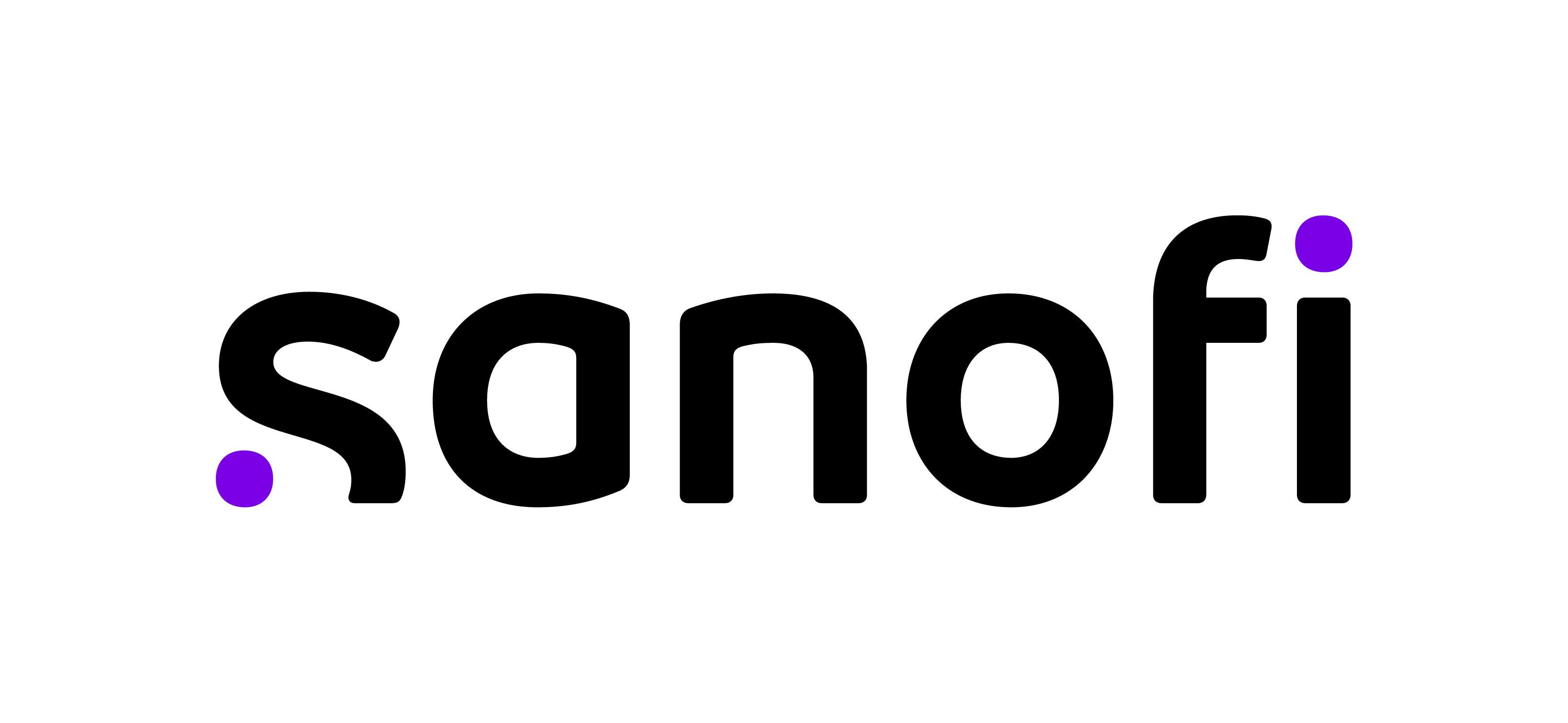
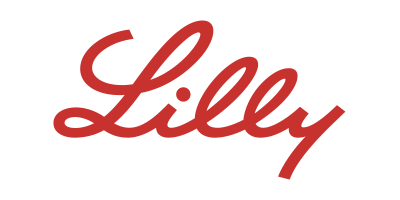





.png)


